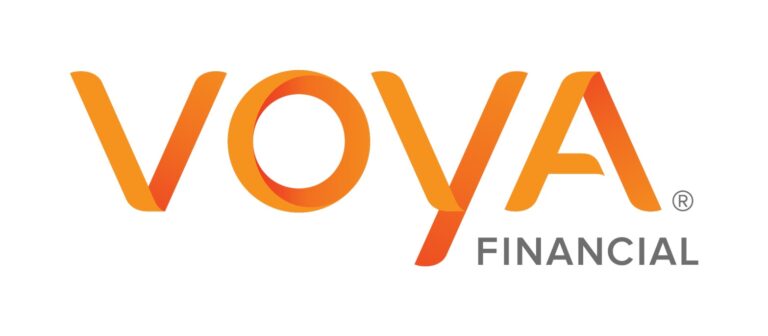
Flipping the Switch to Improve Workplace Mental Health and Safety
We’ve been in a mental health crisis for years and oftentimes feel ill-equipped to help when employee assistance programs aren’t enough and access to care is difficult to obtain. Yet absence and disability managers are in an ideal spot to advocate for mental health investments because we see firsthand how mental health delays return-to-work timelines, increases treatment costs, and affects productivity. In fact, poor mental health costs $47.6 billion annually in lost productivity.1
Thankfully improvements are possible. The Spotlight articles in @Work magazine illustrate how effective employer interventions can be — from customized apps to online education. And that work can start even earlier by designing workplaces that include mental and physical safety,2 a topic we will explore during 2023 DMEC Annual Conference sessions in August.3 So, what is the equivalent of a hard hat for mental health and safety? It’s an approach that starts with how employers define employee health; extends to whether we design job descriptions to support (or inadvertently tax) mental and physical health; and includes workload, paid time off, and employee access to and use of mental health resources.
This is a huge topic, and small investments make a difference. Steps to consider include:
- Determine whether employees take time off, and if they work during that time off. If they do, research why and adjust accordingly. This might have budget implications, but the Mental Health Cost Calculator for Employers shows a $4 return on every $1 employers invest in employee mental health.3 And when you consider that return on investment within the context of the $47.6 billion poor mental health costs (as noted earlier), employers have an easier decision to make.
- Consider how employees who ask for help are treated. Representatives from the Job Accommodation Network shared stories during the 2023 DMEC FMLA/ADA Employer Compliance Conference about employees who were told to “suck it up” when they shared concerns about their anxiety, depression, and stress levels with managers. And while that account is disturbing, the fact that it’s happening highlights a need for more training.
While we know there is no way to ensure every manager is empathetic when working with employees, employers should stress the fact that federal leave laws include mental illnesses. And the Department of Labor (DOL) has created new resources4 to increase employee awareness of these rights.
“We need to make sure that we’re saying out loud that FMLA leave is available for serious health conditions, and that might be a mental health condition,” Helen Applewhaite, director of the division of FMLA and other acts, DOL, told compliance conference attendees in March.
That type of employee communication can be powerful as illustrated by DMEC member Jenny Haykin, who shared an approach to engaging employees in mental health resources that led to record participation at Puget Sound Energy (PSE).5 She will elaborate on the topic during the 2023 DMEC Annual Conference. And in this issue, readers learn about successful employee engagement at the University of Iowa Health Care, which is experiencing increased demand for mental health accommodation requests.
While the workplace mental health challenge can seem insurmountable, it’s empowering to learn about small overtures that make a difference. Share your experiences in the DMECommunities Mental Health group, an online networking platform, to reinforce the message that there is light at the end of this tunnel and to demonstrate how employers can help flip the switch.
References
- The Economic Cost of Poor Employee Mental Health. Dec. 13, 2022. Retrieved from https://www.gallup.com/workplace/404174/economic-cost-poor-employee-mental-health.aspx
- Webinar Recording: Moving the Needle on Mental Health — Tips & Strategies for Effective Well-Being. Retrieved from http://dmec.org/2023/01/24/webinar-recording-moving-the-needle-on-mental-health-tips-strategies-for-effective-well-being/
- National Safety Council. New Mental Health Cost Calculator Shows Why Investing in Mental Health is Good for Business. Retrieved from https://www.nsc.org/newsroom/new-mental-health-cost-calculator-demonstrates-why
- Department of Labor. Mental Health and the FMLA. Retrieved from https://www.dol.gov/agencies/whd/fmla/mental-health
- DMEC. Using Technology to Promote Engagement with Mental Health Offerings. @Work Magazine. Jan. 22, 2023. Retrieved from http://dmec.org/2023/01/22/employer-showcase-technology-mental-health-offerings/





































